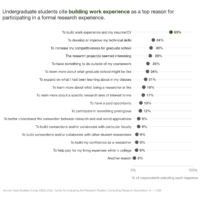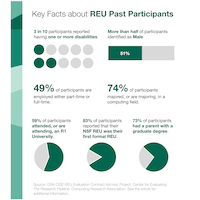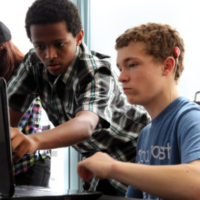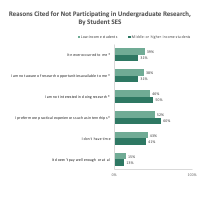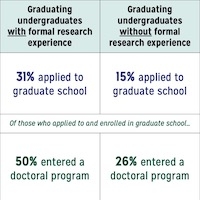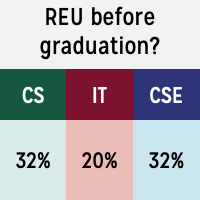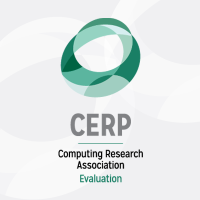
Enhancing REU Programs: Kari George Joins CRA to Lead NSF CISE REU Evaluation
By Matt Hazenbush, Director of Communications One of the key ways the Computing Research Association (CRA) supports undergraduate research experiences is through the NSF Research Experiences for Undergraduates (REU) Evaluation Project, managed by CRA’s Center for Evaluating the Research Pipeline (CERP). This initiative provides valuable insights into how participation in REU programs influences students’ educational […]


